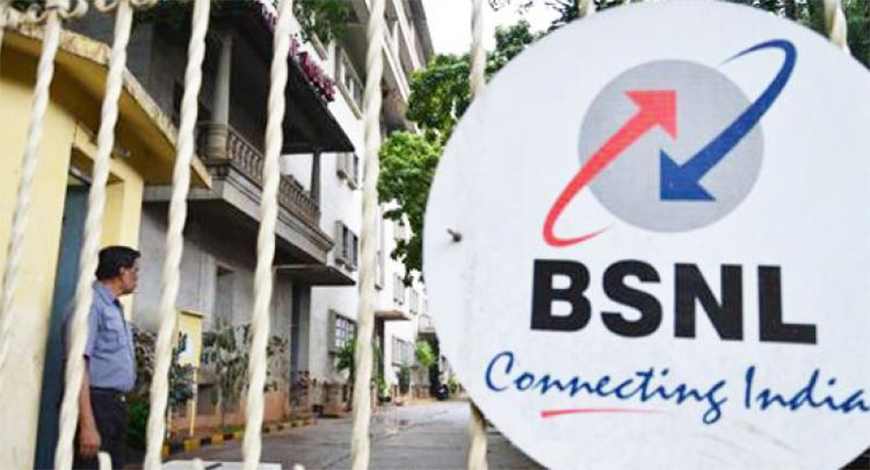
Air, petro, telephony and job crises are putting the country at risk. The US nonchalance is adding to India’s economic concern. The US, at the back of withdrawal of zero-duty entry for Indian exports, imposed the sanctions prohibiting purchase of oil from Iran. It is a move said to exert maximum pressure on Iran for following US dictat on nuclear issues. The Donald Trump administration pulled out of the landmark 2015 nuclear deal.
The move hurts India the most as Iran is the fourth-largest oil supplier after Iraq and Saudi Arabia. Iran supplied 23.5 million tonnes of crude oil in 2018-19 at a price and credit facilities no other suppliers offer. India imports 80 percent of its oil and 40 percent of gas. Domestic production has been declining for the last few years. The US move will further increase the oil prices. It will lead to severe inflationary situation in India. The US move is designed to benefit itself and its stakes in its allies. Indian diplomacy of hugging dignitaries has not helped itself.
Another detrimental impact on the economy is due to Jet Airways grounding and the deepening crisis of Air India. Air fares are shooting up at a time when Indian railways, despite efforts, is not performing at its best. The cost of travel and goods transportation is shooting up. Even international travel is bleeding airlines due to Pakistan ban on its airspace. It also reduces India’s capacity.
The Jet is a classic case. It shows that seemingly thriving organisations may be in the throes of a crisis. The BSNL, the official, telecommunication backbone is losing on its clientele because of poor services and heavy losses. The management says they do not have the cash flow to pay salaries to its 1.68 lakh employees. A sick BSNL, with about Rs 90,000 crore losses, according to Kotak Equities, may end the affordable communication and digital boom that the country has seen for the past few years.
Another classic case is of the international oil giant public sector ONGC. It was developed since 1950s as key to energy security. The Congress regimes since 1990s chipped away at the company in favour of private businesses looking to dig into profitable oil and gas sector. In 1992-93, 28 prime oil and gas fields discovered and developed by ONGC, despite protests from think tanks like planning commission, were given away to private businesses for a pittance. The government in 1991 forced ONGC to take a loan of $ 450 million from the World Bank. The WB told ONGC and Oil India to go into joint ventures with private and foreign capital, an unnecessary condition. That was the beginning. In between a private company virtually drilled out gas from ONGC field. The litigation has not helped ONGC. It was also forced to shell out Rs 8,000 crore to help loss making Gujarat State Petroleum Corporation to exit the Krishna Goadavari basin in 2016. The GSPC could not find gas in its fields. The losses were dumped on ONGC. The cash levels in ONGC came to a critical low in 2018 fiscal. It reduced by 90 percent in a year. It is now under a huge debt.
So, if India is losing jobs, its public sector is collapsing and private sector is “thriving”, there is much that does not meet the eye. The telecom, oil, aircraft manufacturing and many other works done by the public sector profitably is under threat. Even there have been questions on closure of HMT some years back instead of strengthening its operations. Its exit has helped watch manufacturing and other tool and instrumentation companies, once rivals of HMT.
There is nothing wrong in private sector rising. Should it be at the cost of manipulating losses of the public sector? The private gain is not an eyesore but the process takes the wealth from the people of the country to some chosen hands may be in a particular region.
A pertinent question arises. Are really the public sector at folly or the private sector is being made to thrive at its cost, particularly since 1992? It raises many questions for many international deals. So if the rupee is in crisis or repatriation of profits to foreign shores is increasing, it calls for a holistic look at policies. It is a national crisis, needs careful, immediate treatment and a detailed probe.
